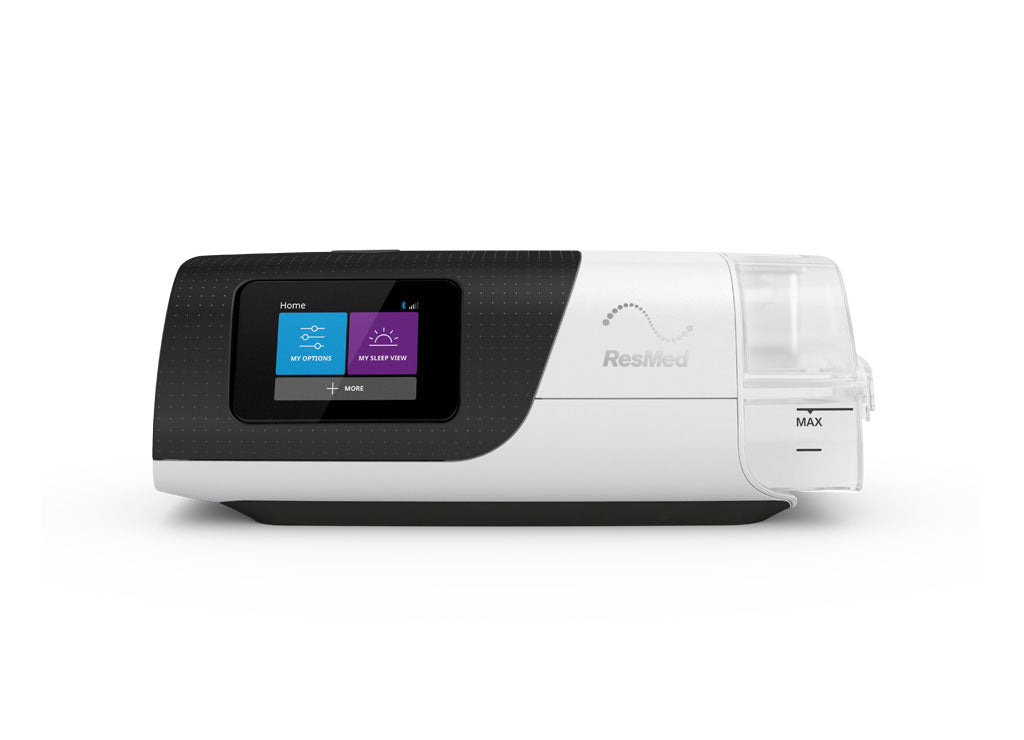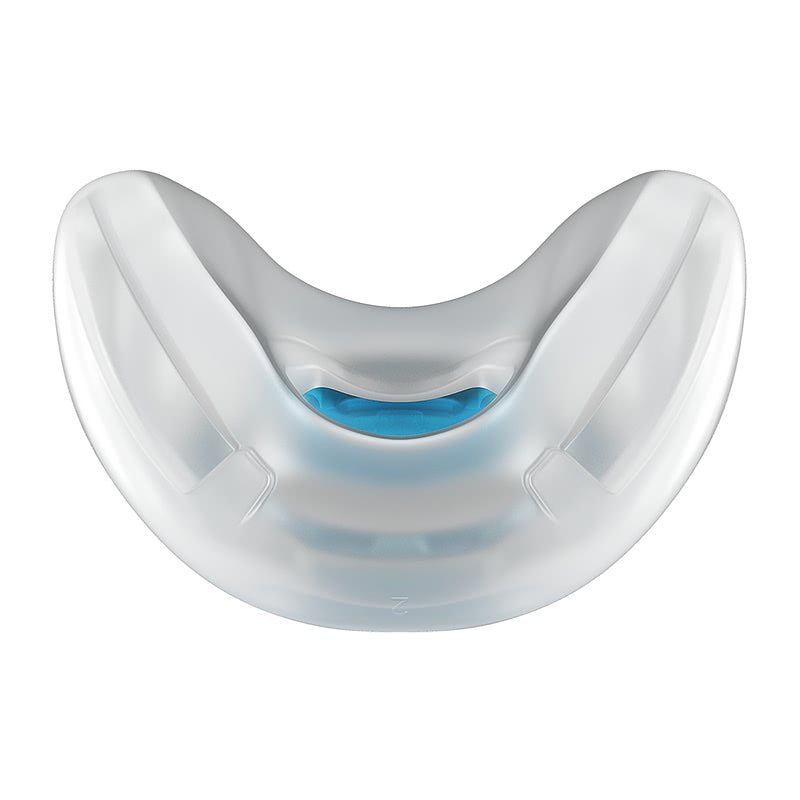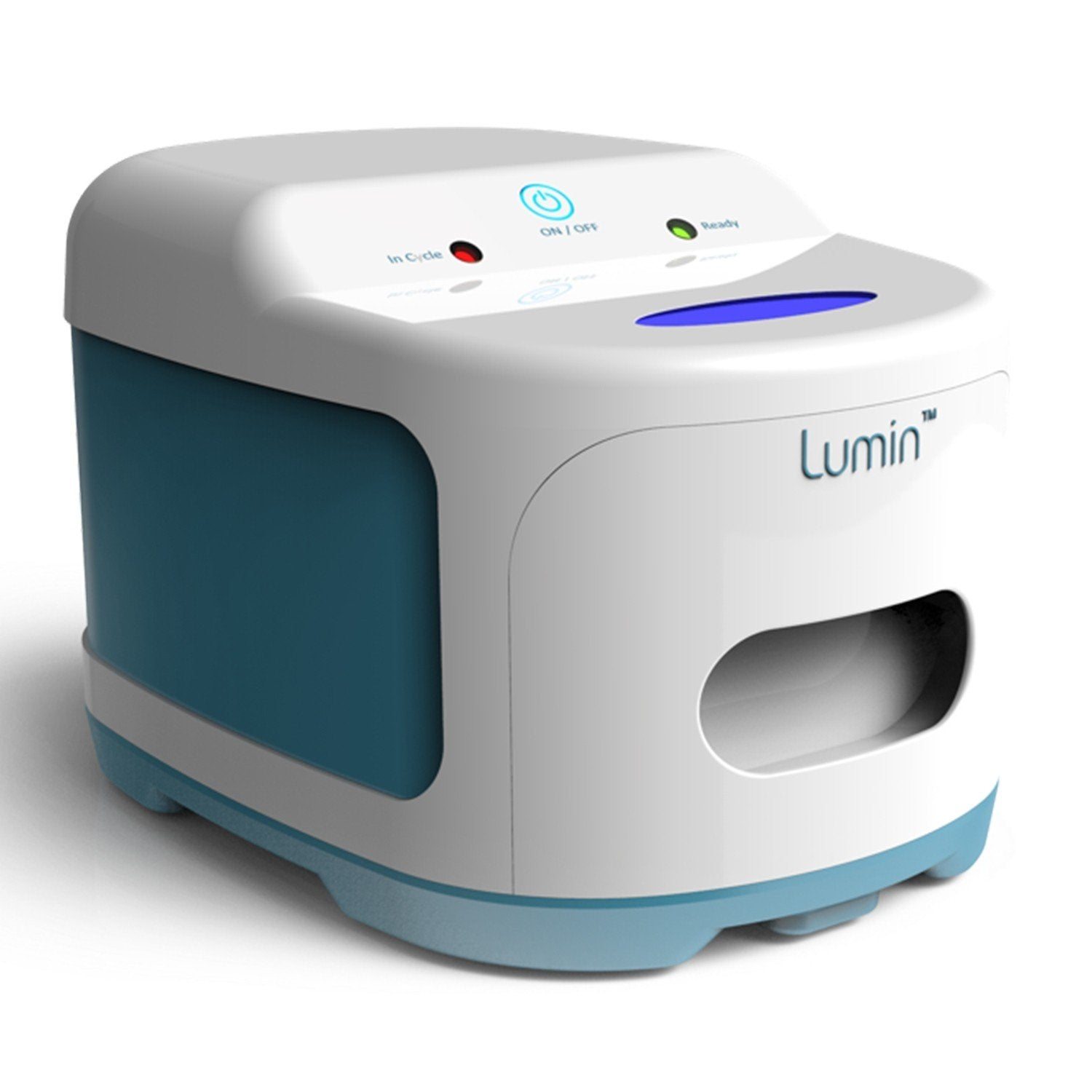
Is it true that postmenopausal women are at an increased risk for sleep-disordered breathing?
Share
Many people — women included — assume men are the only ones suffering from sleep apnea, which could not be further from the truth. A lot of women, particularly those in the postmenopausal phase of their lives, are at an increased risk due to hormonal and physical changes. Hot flashes and increased sweating related to the loss of estrogen and progesterone that occurs during menopause can affect sleep. In fact, menopause is thought to be a standalone risk factor independent of other sleep apnea risk factors like diabetes, high blood pressure, heart disease and obesity. And, post menopausal women suffering from sleep apnea are thought to have more severe symptoms than younger women.
If you are a woman who’s been through menopause and you often wake up startled or with morning headaches, experience excessive sleepiness, impaired concentration, memory or sexual dysfunction, or your bed partner has told you that you breathe irregularly while you sleep or snore, you need to start a conversation with your doctor. While not all people who snore have sleep apnea, they should see their doctor if they have two or more of these symptoms.
Because quite a few physicians are unfamiliar with sleep disorders, you should prepare for this discussion with your doctor. You can take a sleep quiz to prepare. You can also ask yourself these questions and discuss the answers with your doctor. Don’t be afraid to write these down with your answers so you don’t forget to tell your doctor any information that might be helpful.
- Do you feel sleepy during the day, regardless of how much sleep you had the night before?
- Do you fall asleep at inappropriate times? (Many people with sleep apnea fall asleep during meetings, social events and even while driving.)
- Are you irritable or unmotivated?
- Have you been diagnosed with hypertension?
- Have you been diagnosed with depression or chronic fatigue syndrome?
- Are you postmenopausal?
- Do you have difficulty concentrating?
- Do you have difficulty remembering things?
- Do you have less interest in sex?
- Do you sleep in a separate bedroom than your spouse?
This blog post contains general information about medical conditions and potential treatments. It is not medical advice. If you have any medical questions, please consult your doctor.




